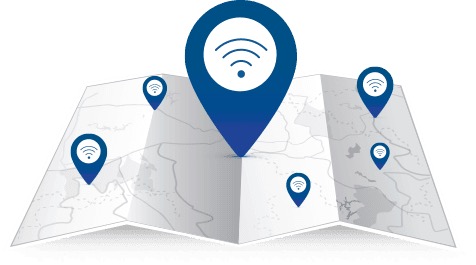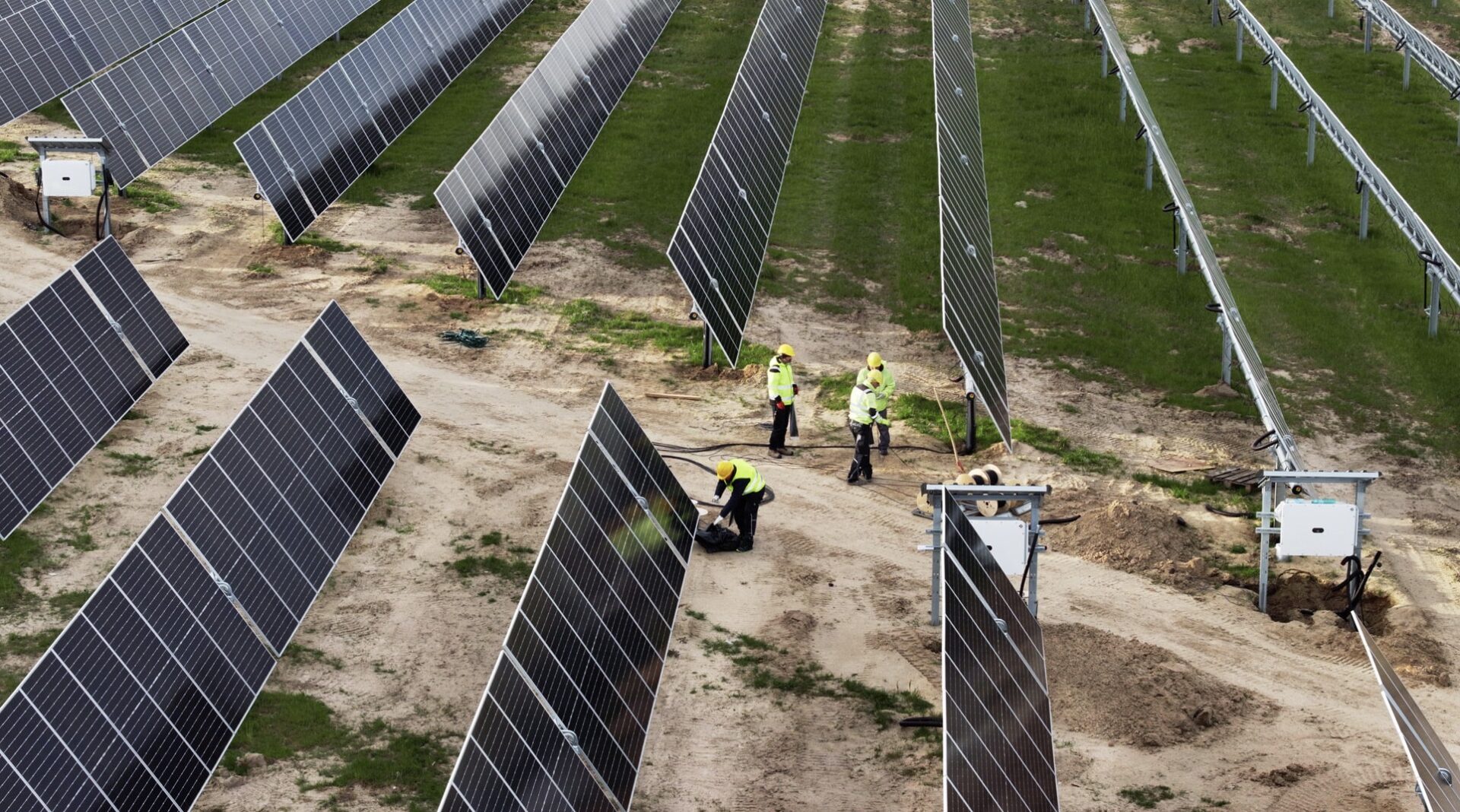
Canada-Quebec Internet Plan to Cost $826 Million, Expand Access to 150,000 Homes
The federal government and the province of Quebec announced yesterday a joint plan known as Canada-Quebec Operation High Speed.
The broadband internet plan partners with internet service providers Vidéotron, Cogeco, Bell, Xplornet, Sogetel, and Telus, to expand high-speed connectivity to close to 150,000 homes by September 2022, at a cost of $826.3 million from both the Canadian and Quebec government.
Prime Minister Justin Trudeau and Premier François Legault, along with Minister of Innovation, Science and Industry François-Philippe Champagne, and Parliamentary Assistant to the Premier of Quebec Gilles Bélanger, made the joint announcement on Monday, which was followed by a flurry of press releases from ISP partners.
“Over the past year, many people have worked from home, studied from their kitchen table, shopped online, and accessed government services remotely. So it’s more important than ever that everyone has access to high-speed Internet. We are working closely with the Quebec government to build strong communities and a more resilient future for all,” said Prime Minister Justin Trudeau in a statement.
Once complete, the broadband plan will see Quebec get the “highest connectivity rate in Canada with a 99 per cent coverage rate.”
The 150,000 homes set to get high speed internet will join 66,000 homes already connected through previous programs from the federal and provincial governments.
Despite this plan set to complete by the fall of 2022, both governments note there will still be 36,000 hard-to-reach homes in sparsely populated areas. To solve this, they note “technological solutions” are being considered and will be revealed at a later date.
Canada aims to bring high speed internet access nationwide by 2030, assisted by $1.75 billion from the Universal Broadband Fund, to achieve the goal.
SpaceX Starlink Internet Should Be Considered for Rural Areas
The federal government should consider working with SpaceX to get Starlink satellite internet to rural customers. Instead, $600 million has been invested for Ottawa-based Telesat and the latter’s satellite internet plan, which will see its first satellite launch in 2023, more than two years away.
Of course, choosing Starlink means there won’t be jobs involved to install and build the internet rollout. Montreal-based Videotron and Cogeco are set to receive over $200 million each from the Canada-Quebec plan. Bell will get over $161 million in subsidies as part of the plan as well. That’s your tax dollars at work, folks.
Numerous rural Canadians have shared their early experiences with Starlink and have praised the service for its ease of use and simple plug-and-play setup, with some seeing speeds at nearly 400 Mbps download. SpaceX CEO Elon Musk recently reassured a rural Bell internet customer Starlink was “coming soon”. Incumbents are realizing disruption is on the way. Bell has said it will accelerate its rural internet rollout plans in Quebec.
Canadians can click here to sign up for Starlink internet, currently in beta form. Speeds have been increasing as the low-earth orbit satellite constellation grows. SpaceX has been consistently launching batches of Starlink satellites at the rate of 120 per month (60 per launch), with the current constellation at over 1,200 satellites in orbit.


